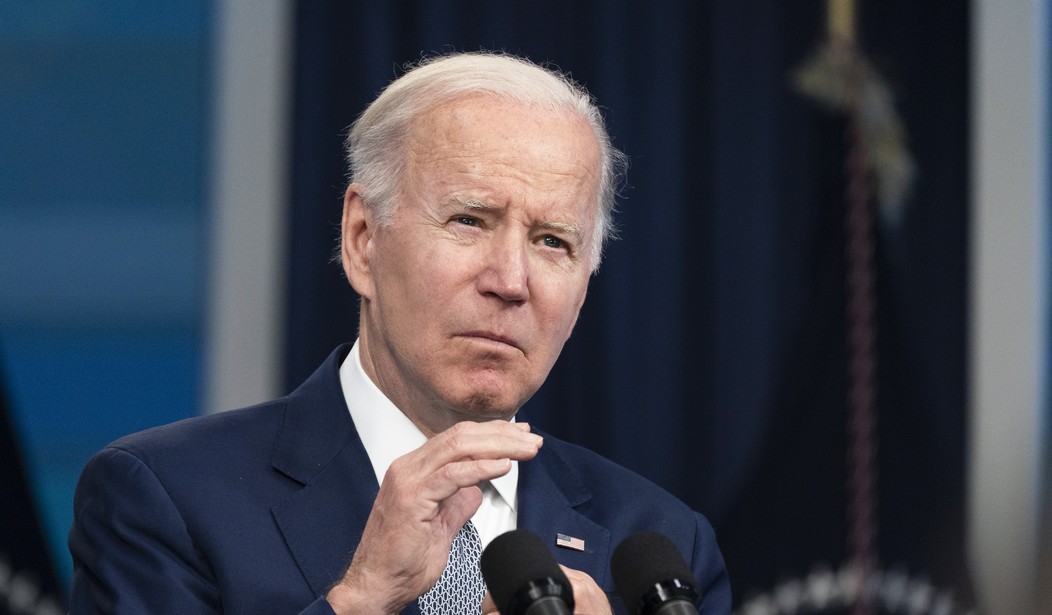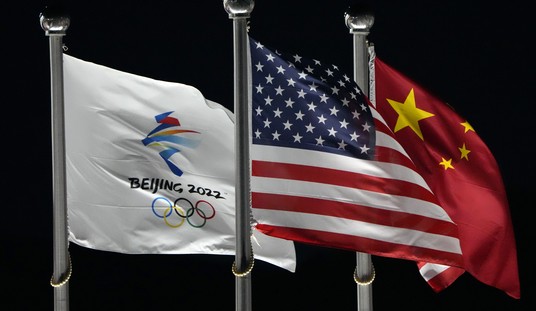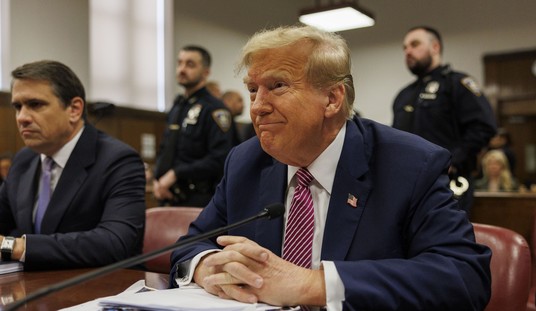Answer: nope. Even if it might be accurate this time. Which it might be … or may not.
The BEA will publish the consumer price index report for November tomorrow morning. Economists expect it to drop, as did the producer price index in last Friday’s report. But they’ve expected it to drop significantly all year, and yet here we are:
At this time last year, economists were predicting that inflation would swiftly fade in 2022 as supply chain issues cleared, consumers shifted from goods to services spending and pandemic relief waned. They are now forecasting the same thing for 2023, citing many of the same reasons.
But as consumers know, predictions of a big inflation moderation this year were wrong. While price increases have started to slow slightly, they are still hovering near four-decade highs. Economists expect fresh data scheduled for release on Tuesday to show that the Consumer Price Index climbed by 7.3 percent in the year through November.
That begs the question: Should America believe this round of inflation optimism?
“There is better reason to believe that inflation will fall this year than last year,” said Jason Furman, an economist from Harvard who was skeptical of last year’s forecasts for a quick return to normal. Still, “if you pocket all the good news and ignore the countervailing bad news, that’s a mistake.”
There are some reasons to believe that inflation may moderate. In the first place, the Federal Reserve has been showering the economy with interest-rate hikes, hoping to tamp down demand and slow the price increases on goods and services. As the NYT observes, the supply chains are beginning to heal, both here in the US and in China, where Beijing has finally abandoned widespread lockdowns to deal with COVID. (That may change as transmission rates spike through the roof.)
On the other hand, there’s not been much indication that Biden or his team are rethinking energy policies. The price of gas at the pumps has come down to its level as of the end of last year, but electricity prices remain elevated, and those prices will impact consumer prices. In fact, the editors of OilPrice.com see even more restrictions coming from the White House on domestic production:
Despite pleading with oil and gas companies to boost their output in recent months, to tackle global shortages and rising prices, President Biden is once again hitting the industry hard by proposing a greater emissions reduction in operations. And he’s not the only one, as the U.K. and EU look to reduce gas flaring and venting practices to curb their methane emissions in line with climate pledges.
The Biden Administration has proposed a rule to further limit methane leaks and gas flaring on public land, which could have a significant impact on the industry if passed. It would build upon the extension of the Environmental Protection Agency’s (EPA) 2021 rule that requires drillers to detect and plug leaks at well sites across the country. The Interior Department is recommending the new rule to support Biden’s aim of reducing emissions and meeting U.S. climate pledges. It would mean stricter monthly time and volume limits on gas flaring in oil and gas operations.
In other words, energy prices will likely remain elevated over January 2021 levels for the entirety of the Biden presidency. That in itself should have people skeptical about the prospects for inflation reduction, not to mention the fact that the Biden administration still hasn’t adopted the kind of supply-side tax and regulatory policies that would allow us to grow supply without killing demand and jobs.
Still, investors seemed pretty hopeful today, but even that has a caveat:
The Dow Jones Industrial Average jumped Monday, clawing back some of the steep losses from the previous week, as traders looked ahead to a highly anticipated Federal Reserve meeting and new inflation data.
The blue-chip Dow added 528.58 points, or 1.58%, to 34,005.04. That was its first close over 34,000 since Dec. 2. The S&P 500 gained 1.43% to close at 3,990.56, and the Nasdaq Composite rose 1.26% to 11,143.74. …
“Today’s action is mostly a reflex bounce after last week’s poor performance,” said Yung-Yu Ma, BMO Wealth Management chief investment strategist. “There’s probably some cautious optimism ahead of tomorrow’s CPI report, but also some underlying concern. We can see that concern today in an up market for equities that actually has the VIX rising quite sharply.”
“Europe, which outperformed last week is down today while the U.S. is bouncing,” he added. “It speaks to a choppy market with low conviction; strong markets have better uniformity.”
The best policy: hope for the best, prepare for the worst. There’s no real reason to get optimistic about inflation while inflationary tax and regulatory policies continue, however.








Join the conversation as a VIP Member